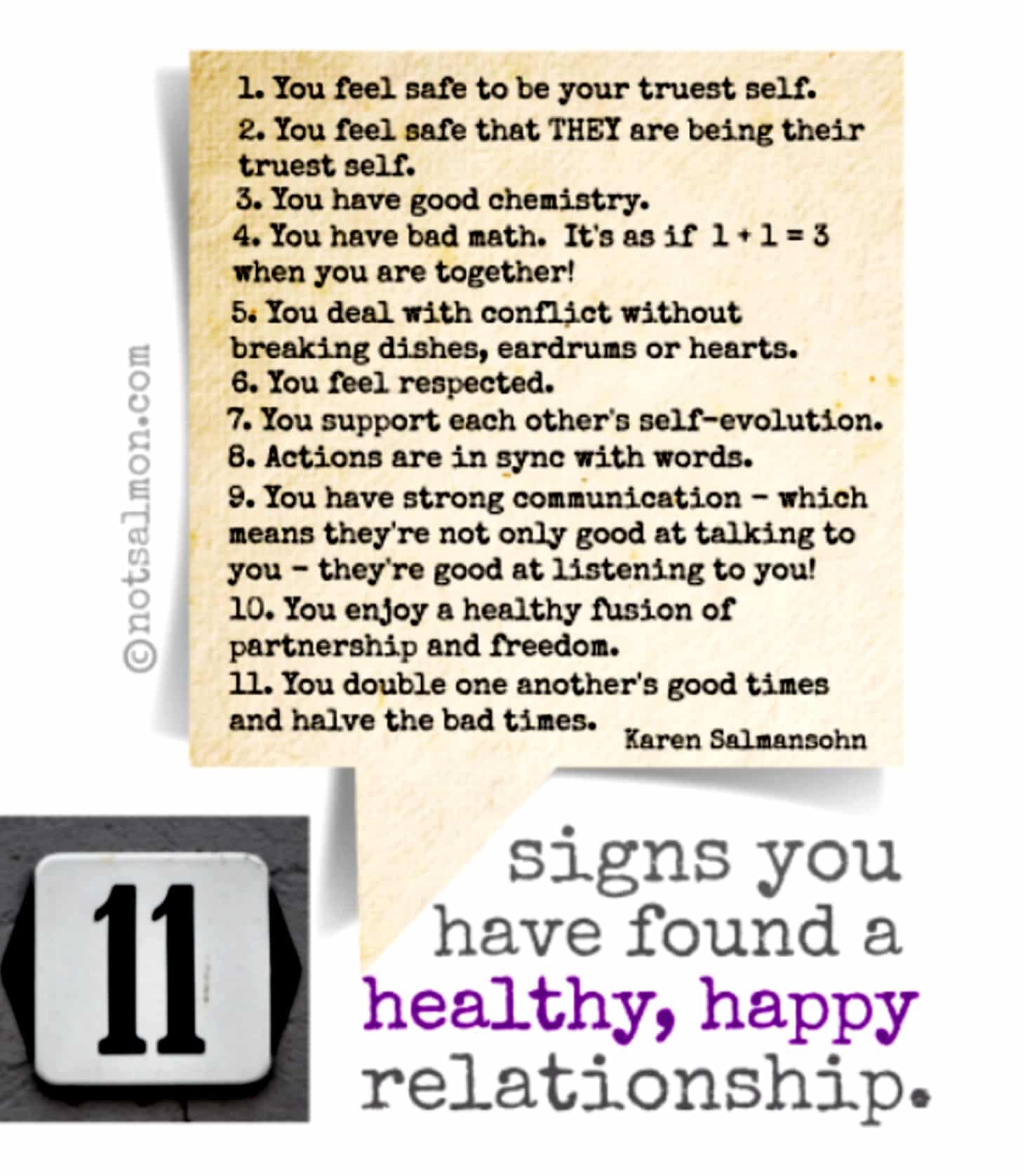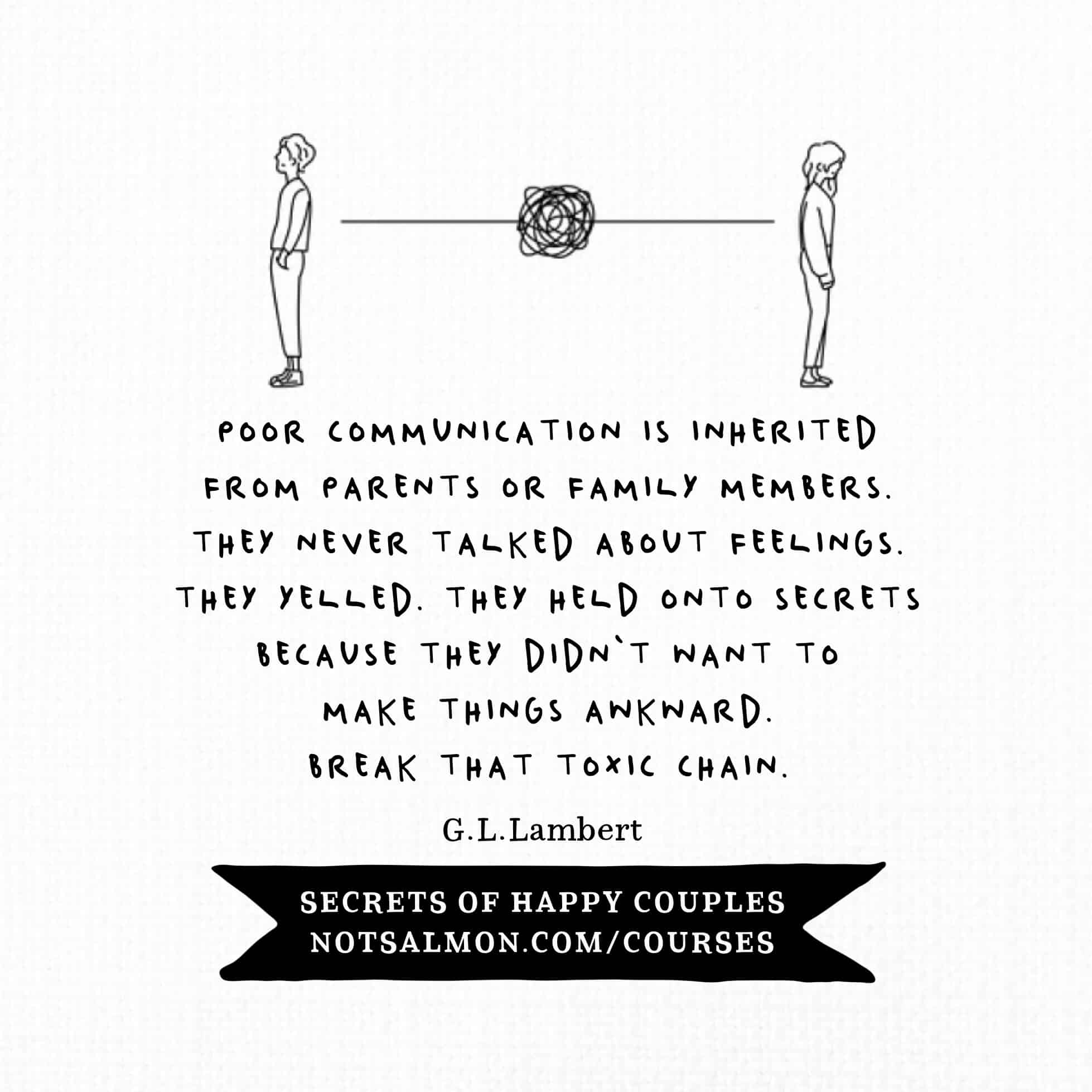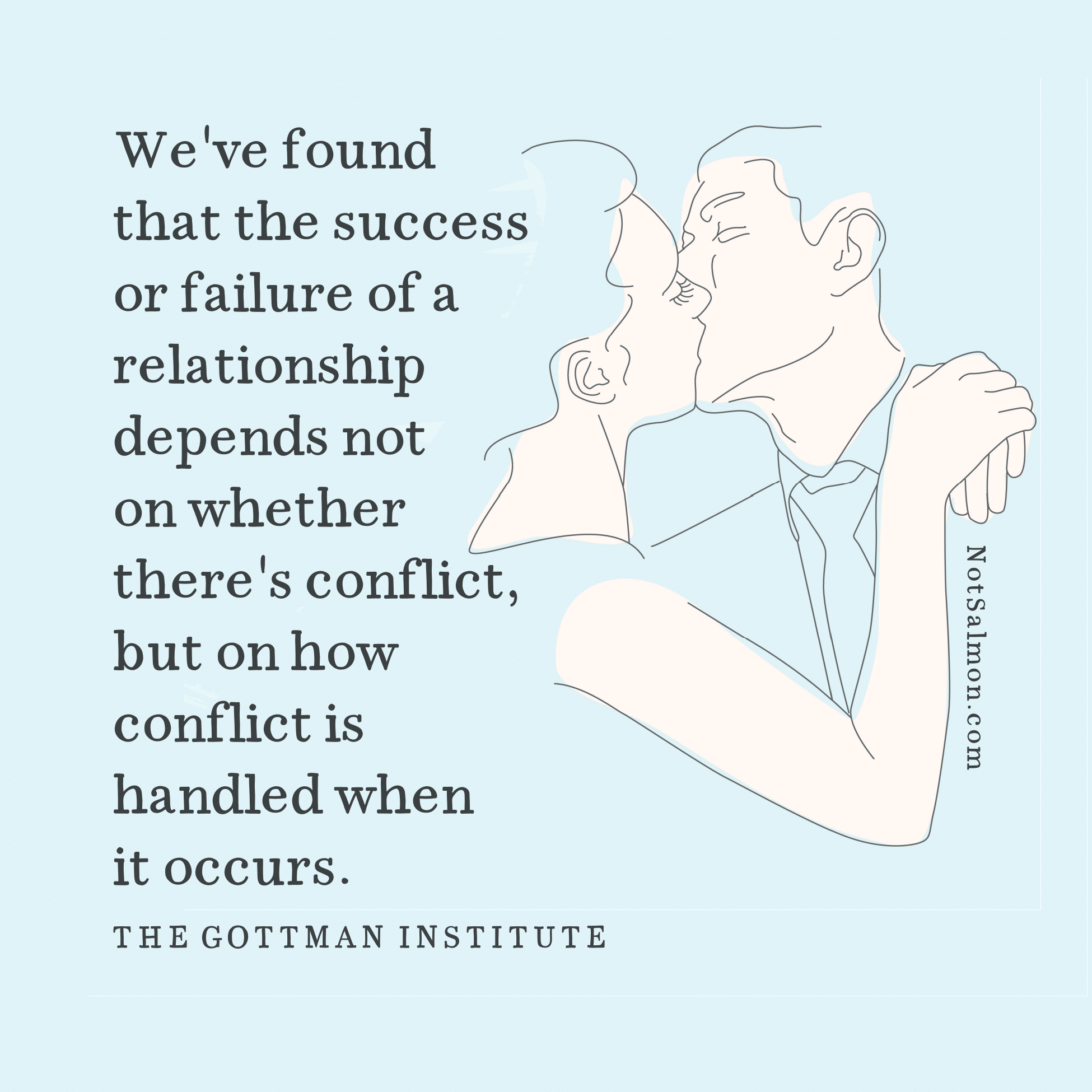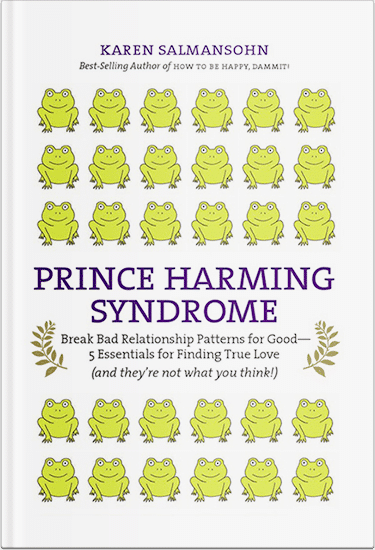 Explore the phases of love in this guide on understanding the lifecycles of relationships. Plus get 15 love tips to help you to navigate these love cycles – so you enjoy a more fulfilling, longer lasting relationship.
Explore the phases of love in this guide on understanding the lifecycles of relationships. Plus get 15 love tips to help you to navigate these love cycles – so you enjoy a more fulfilling, longer lasting relationship.
Life is a series of ups and downs, ebbs and flows, pains and pleasures. It’s this ongoing cosmic roller coaster ride that adds depth and meaning to our existence.
And guess what’s also got a front-row seat on this ride?
Your relationship.
Yes, just like the ever-changing seasons, all relationships have their winter, spring, summer and fall phases – and if you’re lucky these phases go on repeat!
In fact, in a good relationship, you can find yourself hopping on an up and down merry-go-round multiple times – which I will be explaining more about in this article.
After I’m done explaining the life cycles of relationships, I will be sharing 15 research-based love tips – based on these cycles!
I’m writing this article because I am a bestselling relationship author with about 2 million books sold globally.
Plus I am also the founder of the therapist recommended online course called “Secrets of Happy Couples.”
Basically, I’m a total research geek on love.
And so in this article I will be explaining “relationship cycles” – and sharing 15 love tips to help you thrive through this stages!
Understanding the Lifecycles of Relationships
Let’s start from the very beginning.
1. The Honeymoon Cycle Phase
Ah, the first act of the romantic saga – the Honeymoon Cycle Phase.
- You’re gliding on cloud nine. Every little thing your partner does is as fascinating as a magic trick.
- The ding from your phone announcing their text makes your heart perform a salsa dance.
- Just visualizing them in their birthday suit sets your pulse racing.
During this lovey-dovey Honeymoon Stage, your brain is essentially your own personal bartender, regularly serving you a cocktail of feel-good hormones.
The main ingredients: Oxytocin and dopamine.
- Oxytocin, often hailed as the “cuddle hormone,” strengthens feelings of attachment and intimacy.
- Dopamine, the “reward hormone,” pumps you with a pleasurable high each time you interact with your loved one.
Dr. Helen Fisher, an anthropologist and well-known human behavior researcher, pegs this stage as the “attraction phase.” It’s a heady period brimming with the “euphoria of novelty” and an all-consuming romantic fervor.
Dr. Fisher’s research even shows that the brain’s reward pathway lights up like a Christmas tree when people are in this phase, similar to the brain activity of cocaine addicts.
Love, it seems, is a kind of addiction in its own right.
Quickie examples:
- Remember the early days when you could talk to your partner until the sun came up?
- Or how their quirky little habits, like how they scrunch their nose when they laugh seemed irresistibly adorable?
That’s the Honeymoon Phase in all its glory.
But unfortunately this phase is usually short-lived… and you find yourselves sliding into the next phase.
2. The Waning Lifecycle Phase
 Just as the day surrenders to the night, the enchanting honeymoon phase inevitably gives way to a reality check.
Just as the day surrenders to the night, the enchanting honeymoon phase inevitably gives way to a reality check.
Enter the Honeymoon Waning Lifecycle Phase.
During this phase, reality pulls back the curtain, unveiling not just the lovable… but also the not-so-charming sides of your partner.
Examples…
- You begin to notice that your partner leaves their dishes in the sink.
- Or perhaps they have the alarming tendency to break into unsolicited Ted Talk monologues about Bitcoin.
In this relationship phase, the rose-colored glasses come off, and you’re suddenly watching your love story in stark 4K Ultra HD – every quirk and annoying habit on full display.
However this love phase isn’t necessarily the “death” of your relationship.
This stage can actually be a transformative juncture.
Psychologists like Dr. Susan Campbell suggest in this stage “authentic intimacy” blooms – and you begin to more deeply connect with your partner.
Basically…
- This relationship stage is not just about loving them for their “highlight reel” aspects.
- It’s also about accepting your partner for their “blooper” aspects.
Consider the moment you first discovered…
- Your partner insists on drinking piping hot coffee in the middle of summer.
- They hold a Guinness World Record for the longest binge-watch of “The Office.”
You might have questioned your partner’s choices – at first.
- But then you wound up buying both of you iced coffees (to try to convert your partner).
- Or you wound up exploring “The Office” trivia nights (to try to convert yourself).
Basically, you made a decision to stick around, learning to embrace their unconventional habits.
That’s the core of the Honeymoon Waning Phase – a testament to love’s transformative power.
So, during this “Honeymoon Waning Phase” remember:
- You’re not simply losing something.
- You’re also stepping into a more profound, authentic form of love.
And if you’re lucky… you make it through to the next phase.
3. The Negotiation Lifecyle Phase
 Next up: the Negotiation Phase.
Next up: the Negotiation Phase.
Now, don’t let the term “negotiation” throw you off.
This isn’t some high-stakes business deal.
In relationships, “negotiation” refers to the ongoing process of navigating the individual differences and similarities that exist between you and your partner.
It’s about hammering out how you fit together as a duo… while still preserving your individual selves.
In this Negotiation Phase, you face some raw truths:
- You and your partner are two entirely distinct individuals.
- Each of you are wrestling with your own identities, differences, desires, and fears.
- As a result, conflicts will abound.
- These conflicts can pop up anywhere, from a minor tiff over who didn’t replace the toilet paper roll – to heavier debates around your life goals.
During this stage, it’s important to remember that conflicts are not automatically relationship death sentences.
According to relationship researcher Dr. John Gottman, this conflict can serve as a potent tool for further deepening intimacy.
- Handled appropriately, these disagreements, and the ensuing resolutions, offer a path to mutual understanding and respect.
- The “negotiations” can become catalysts for learning and growth – transforming your relationship into a more meaningful bond.
So, what does it mean to be a good negotiator in this context?
- It means being open to compromise – without losing sight of your core values.
- It’s about active listening, empathy – and understanding that you won’t always agree on everything – and that’s okay.
- It involves communicating your wants honestly – understanding your partner’s perspective – and working together to find solutions that satisfy both parties.
But the Negotiation Phase isn’t a one-and-done deal.
Just when you think you’ve weathered one particular storm, a new issue pops up – like an unskippable ad in the middle of your favorite YouTube video.
And so the relationship cycle continues… to the next phase…and the next… and the next.
4. Press Repeat: The Continuous Relationship Lifecycle
 The big point that I’m trying to impart in this article is this:
The big point that I’m trying to impart in this article is this:
Relationships, much like life itself, are about cycles.
- They’re about making mistakes – and learning from them.
- They’re about coming to terms with the fact that your partner has their fair share of flaws.
- And so do you.
With all this in mind, it’s up to each of you – to say to each of you:
- “You’re an infuriating creature at times… but I wouldn’t have it any other way.”
Research by psychologists like Dr. Tatkin supports this idea.
Tatkin suggests that successful couples are not those who avoid conflict or hardship. Instead they’re couples who use the up and down cycles of relationships to shed light on how each person can grow separately (as an individual) – and together (as a couple).
So, if you want a lasting relationship, you need to brace yourself for the bumpy journey of the relationship lifecycle.
With this in mind… here are 15 tips to help your relationship to survive these ever-changing times.
15 Research Based Tips to Navigate the Lifecycles of Relationships
1. Embrace the Conflict, Don’t Run Away:
Contrary to the feel-good fluff sold to us, conflicts are not necessarily bad. In fact, they can be opportunities for growth.
- John Gottman’s research states that it’s not the presence of conflict that stresses the relationship.
- It’s the manner in which a conflict is handled.
Approach disputes with empathy, an open mind, and a willingness to understand your partner’s perspective.
Solutions are born out of understanding, not resistance.
2. Master the Art of Compromise:
An essential element of any successful relationship is the ability to compromise.
Dr. Jane Greer, a relationship expert, emphasizes the need for a balanced middle ground… that considers both you and your partner’s needs and desires.
After all, a relationship should be a partnership, not a dictatorship.
Which brings me again to more advice from Dr. John Gottman.
- His research reports that long lasting couples have mastered the ability to “accept influence” from the other.
- Meaning? They’re open to compromise.
So, during disagreements, strive to understand your partner’s viewpoint. Communicate your needs clearly and honestly, and work towards a solution that respects both parties’ needs. However, ensure the compromise doesn’t result in consistent sacrifice on your part, leading to resentment and imbalance.
3. Practice Active Listening:
According to psychologist Dr. John M. Gottman, understanding must precede advice.
- So, when your partner is talking about their day or expressing a concern, truly listen.
- Reflect their feelings back to them. Show that their words have impact.
This fosters deeper emotional connections.
4. Communicate Clearly and Kindly:
The importance of communication can’t be overstated. Whether it’s a minor disagreement about dish duty or a major issue like intimacy, talk about it.
- Remember to be kind and respectful in your communication.
- Treat your partner how you’d want to be treated.
5. Express Gratitude:
Research from the Greater Good Science Center suggests that gratitude is a key to positive relationships.
- It’s easy to focus on your partner’s failings.
- What’s harder (but more beneficial) is to recognize and express appreciation for the good.
In fact, acknowledging the positive aspects of your relationship can foster mutual appreciation.
So try to make gratitude a regular practice. Express daily thankfulness – whether it’s for their kindness, their support, or even their attempt to cook dinner.
6. Quality Time, Not Just Time:
 It’s not enough to just be around each other, like furniture in a room.
It’s not enough to just be around each other, like furniture in a room.
Spending quality time, engaging in shared activities, and creating memories together can help maintain satisfaction in relationships.
Remember, you’re lovers, not roommates.
- Be intentional about spending quality time together.
- This could be a date night, a shared hobby – or just a nightly routine of discussing your day.
- Shared experiences build stronger bonds.
7. Nurture Your Own Growth:
The most robust and resilient relationships are those that consist of two independently strong individuals.
This bring me to a study Dr. Brooke Feeney at Carnegie Mellon University…
- Feeney found evidence supporting the idea that the social and emotional support we receive from our partners can help us better pursue our own personal goals and achieve personal growth.
Maintaining your hobbies, friendships, and passions not only preserves your individuality. They also bring fresh energy to your relationship.
So, set aside some time each week for your personal interests and self-care.
8. Set and Respect Boundaries:
Boundaries are essential in any healthy relationship. They act as a guide for how we want to be treated by others.
- Not only do they prevent resentment and misunderstanding.
- They also enhance mutual respect.
Psychotherapist Dr. Dana Gionta’s research stresses the importance of setting and maintaining healthy boundaries for overall well-being.
- So, have a conversation with your partner about your boundaries.
- Be open and respectful about theirs.
- Remember, mutual respect is key.
9. Take Breaks to Recharge:
Time spent apart can actually help strengthen a relationship.
Esther Perel, renowned relationship therapist, emphasizes the importance of maintaining a sense of self in relationships.
- Use your time apart to recharge and cultivate personal growth.
This can contribute to a more enriched relationship as you bring in new perspectives and experiences.
- So, cultivate your own “me time.”
- Encourage your partner to do the same.
10. Remember to Laugh:
Humor has the power to diffuse tension, boost mood, and bring people closer together.
A study led by Jeffrey Hall, Associate Professor of Communication Studies at the University of Kansas, affirmed that humor is a critical aspect of a successful relationship. So, try keep things light, and don’t forget to share in laughter. Whether it’s watching a comedy show together or sharing funny anecdotes, humor can be a secret ingredient to relationship success.
11. Show Up During Tough Times:
The way we respond to our partner during their tough times can make or break the relationship.
Psychologist Dr. John Gottman talks about “turning towards” our partners in their times of need as a way of fostering intimacy and trust.
- So, be there for your partner.
- Listen, empathize, and provide support when they’re going through a tough time.
12. Practice Forgiveness:
Dr. Fred Luskin (from Stanford University), has conducted substantial research on forgiveness. He reports that “healthy forgiveness” in a relationships means you’re willing to release resentments and ditch the desire for revenge.
- “Healthy forgiveness” is all about acknowledging the misstep.
- And choosing to move forward without carrying around the baggage of past hurts.
Plus Dr. Robert Enright, a psychologist and pioneer in the scientific study of forgiveness, offers some helpful insights on “healthy forgiveness.”
- He emphasizes that practicing forgiveness doesn’t mean forgetting or excusing the wrongdoing.
- Instead, it’s about offering “compassion” towards your partner.
And this act alone can foster healing and pave the way for relationship growth.
So, make empathy your ally. Try to see the situation from your partner’s perspective. Remember, everyone is human and prone to mistakes.
When you find yourself stewing over past grievances, remind yourself of the benefits of forgiveness and shift your focus from blame to understanding.
13. Keep the Spark Alive:
Intimacy and affection are crucial for a lasting relationship.
Dr. Shirley Glass emphasizes the importance of maintaining a physical connection with your partner, no matter how long you’ve been together.
- This doesn’t just mean sexual intimacy.
- It also means small acts of physical affection like holding hands, hugs, and gentle touches.
So, make an effort to show your partner physical affection every day, even if it’s just a kiss goodnight or a warm hug in the morning. Small moments of closeness can keep the spark alive.
14. Breathe, It’s Just a Phase:
When you’re dealing with a conflict, remind yourself that research tells us that relationships have phases.
- Love, like life, has its ups and downs.
So, don’t jump ship at the first sign of a squall (unless you see true proof that you’re aboard the “love equivalent” of the Titanic).
Keep in mind that there are relationship strategies to help you to weather many a storm.
15. Seek Help, Even if You Think You Don’t Need It:
A study in the Journal of Marital and Family Therapy showed that couples’ therapy positively impacts 70% of couples receiving treatment.
- So, if you’re stuck in the cycle, there’s no shame in seeking help.
- Even the best swimmers sometimes need a lifeguard.
Conclusion: Understanding the Lifecycles of Relationships
If you want to maintain a relationship that survives the test of time – and the test of conflict – you must accept that relationships are a chaotic, constantly evolving journey. No relationship is perfect. And so during the ups and downs you must find a way to learn from each other – and do your best to grow and evolve.
This is why I created my 2 relationship courses.
Course 1:
>>> Learn about The Secrets to Happy Couples Online Course – here.
My above program is therapist recommended – and jampacked with lots of relationship research – and results proven insights and practices.
And if you’ve just broken up with your partner, explore my other therapist recommended online program…
Course 2:
>>> Learn about The Broken Heart Recovery Online Course – here.
Think happier. Think calmer.
Think about subscribing for free weekly tools here.
No SPAM, ever! Read the Privacy Policy for more information.
One last step!
Please go to your inbox and click the confirmation link we just emailed you so you can start to get your free weekly NotSalmon Happiness Tools! Plus, you’ll immediately receive a chunklette of Karen’s bestselling Bounce Back Book!



 Explore the phases of love in this guide on understanding the lifecycles of relationships. Plus get 15 love tips to help you to navigate these love cycles – so you enjoy a more fulfilling, longer lasting relationship.
Explore the phases of love in this guide on understanding the lifecycles of relationships. Plus get 15 love tips to help you to navigate these love cycles – so you enjoy a more fulfilling, longer lasting relationship. Just as the day surrenders to the night, the enchanting honeymoon phase inevitably gives way to a reality check.
Just as the day surrenders to the night, the enchanting honeymoon phase inevitably gives way to a reality check. Next up: the Negotiation Phase.
Next up: the Negotiation Phase. The big point that I’m trying to impart in this article is this:
The big point that I’m trying to impart in this article is this: It’s not enough to just be around each other, like furniture in a room.
It’s not enough to just be around each other, like furniture in a room.
